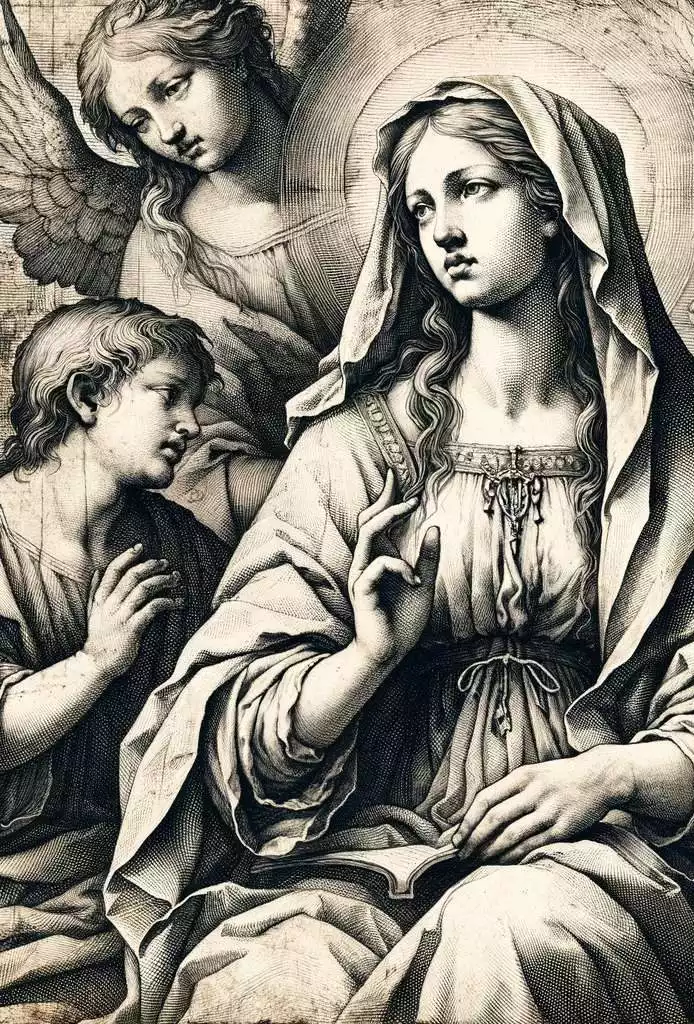
Rebekah, a pivotal figure in Biblical history, is renowned as the wife of Isaac and the mother of Esau and Jacob. Her story, primarily documented in the Book of Genesis, reveals significant themes in the Judeo-Christian tradition. While precise dates of birth and death are not documented in the Bible, her narrative is placed within the patriarchal period, approximately in the 2nd millennium BCE.
Early Life and Marriage to Isaac
Rebekah’s early life unfolds in Genesis 24, where she is introduced as the daughter of Bethuel and the granddaughter of Nahor, Abraham’s brother. Her encounter with Abraham’s servant, sent to find a wife for Isaac, showcases her kindness and hospitality. The servant’s prayer and her fulfilling response illustrate divine providence in her selection as Isaac’s wife. This chapter underscores Rebekah’s role in continuing Abraham’s lineage, a key aspect of the covenantal promise.
Motherhood and Family Dynamics
As the mother of Esau and Jacob, Rebekah’s life takes a complex turn. Genesis 25 details her struggle with infertility, followed by a difficult pregnancy. The Lord reveals to her that two nations are in her womb, foreshadowing the contentious relationship between Esau and Jacob. Rebekah’s favoritism towards Jacob, especially in the context of Isaac’s blessing, reflects the intricacies of family dynamics, divine election, and the unfolding of God’s plan in Biblical narratives. Her actions, though controversial, play a pivotal role in the destiny of her sons and the formation of the Israelite nation.
Legacy and Influence
Rebekah’s legacy in Biblical history is multifaceted. Her decisions, particularly in facilitating Jacob’s receipt of Isaac’s blessing, significantly influence the course of Israelite history. Her actions, though controversial, are often interpreted within the framework of fulfilling God’s promises. Rebekah’s story also offers insights into the roles and agency of women in Biblical times, contributing to ongoing theological and scholarly discussions.
Rebekah’s life, interwoven with themes of faith, family, and destiny, remains a compelling part of Biblical history. Her narrative offers profound insights into the human condition, divine providence, and the complexities of familial relationships. Rebekah’s influence extends beyond her immediate family, impacting the broader trajectory of the Israelite people and the unfolding of Biblical history.
References
- Friedman, R. E. (2001). Commentary on the Torah. HarperOne.
- Jewish Women’s Archive. “Rebekah | Bible.” Accessed December 26, 2023.
- JW.org. “Rebekah in the Bible.” Accessed December 26, 2023.
- SciELO. “Rebekah and the Shaping of Jacob’s Life and Character.” Accessed December 26, 2023.
- Trible, P. (1978). God and the Rhetoric of Sexuality. Fortress Press.
- Westermann, C. (1985). Genesis 12-36: A Commentary. Augsburg.
